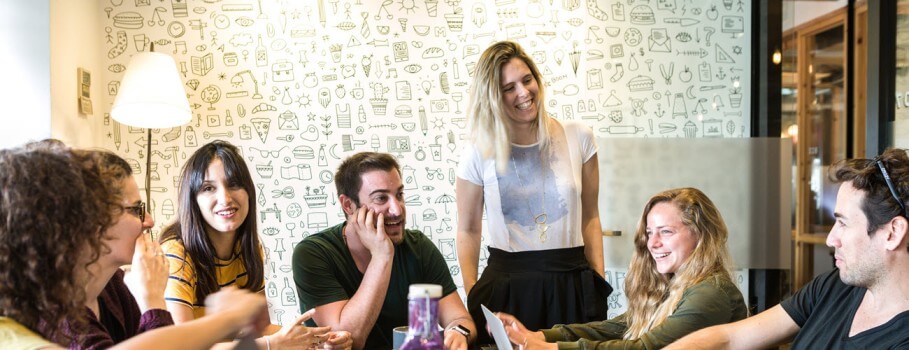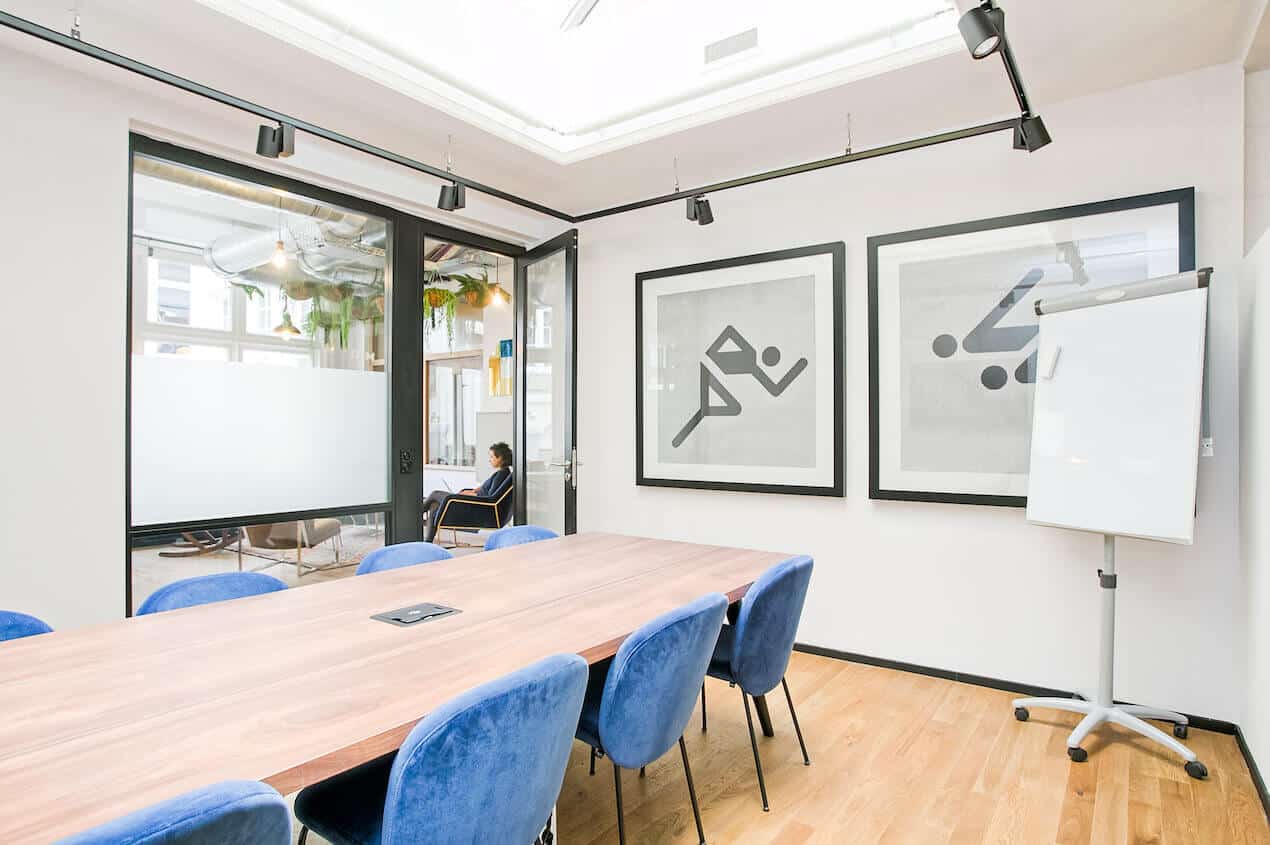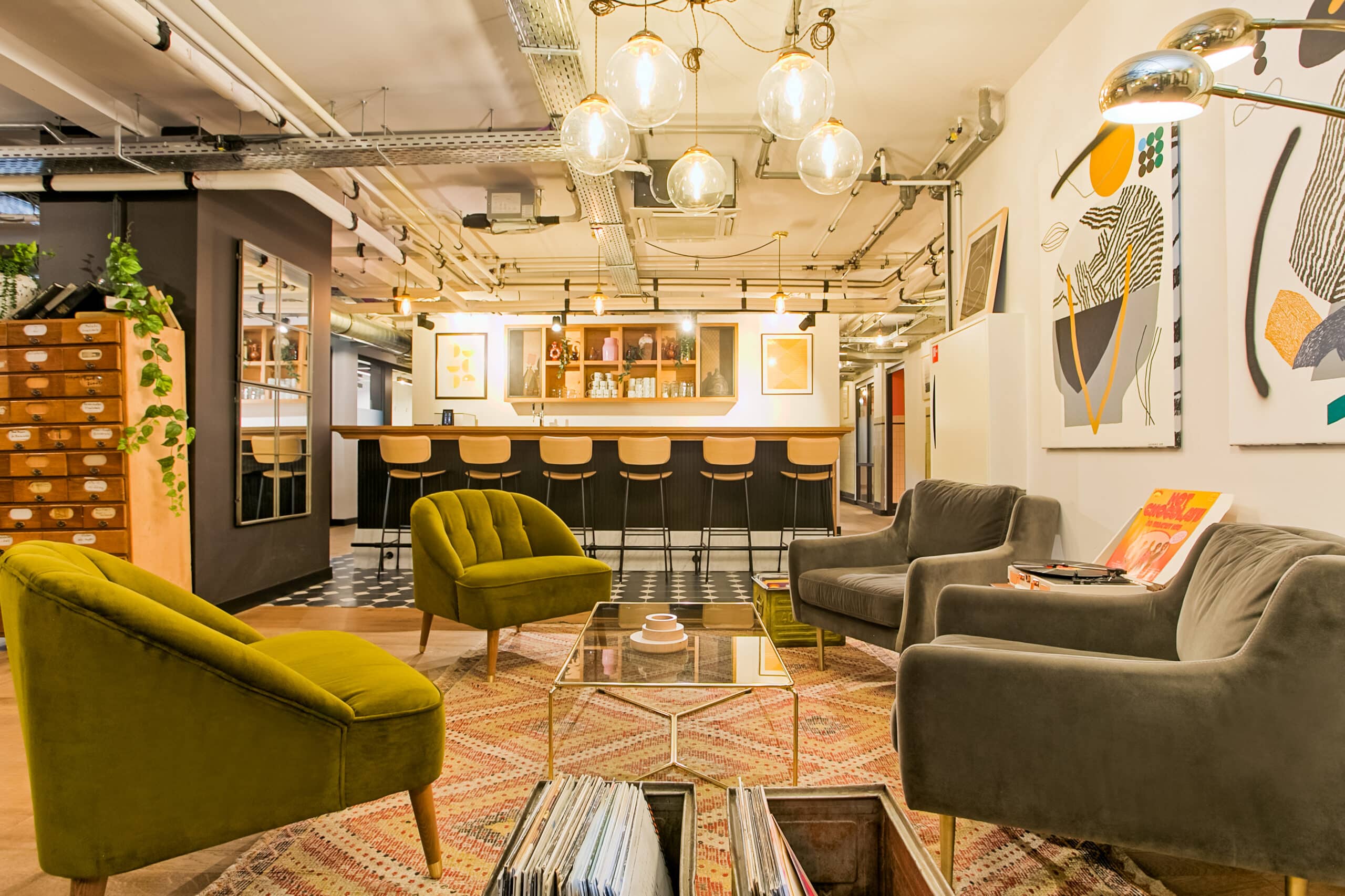
What Really Makes People Happy at Work?
Work Happiness & why it is important
Most of us spend more than enough of our time at work, so naturally we want to feel happy while we’re doing it. Employers too can see a correlation between happiness and productivity, creativity and longevity of employment. So, in short, the happier a workplace is, the better for everyone in it.

What’s more, in a post-COVID world in which working practices and norms have been up-ended, the things that make the workspace a happy place are being underscored in ways not seen for decades. Employers have had to rapidly revamp their approach to matters of communication and trust with their employees, to find new ways of giving positive feedback, to ensure that work can fit into their employees’ other commitments, not override them.
“In the post-COVID period, management must not forget… that when employees feel that their personal needs are valued, their emotional connection to the organisation is strengthened,” as a report from business analysts Deloitte has noted. It’s why HR Managers now spend almost a third more of their time each month on well-being support for employees than before the pandemic, says a Koa Health study.
A Study about work happiness:
All this really matters, because our survey of 5000 people has shown that levels of happiness at work pre-COVID were only middling – leaving plenty of room for improvement, and opportunities for employers to make real gains.
Of course, it’s no surprise that not everyone is simply overjoyed about working, though 30% do say they’re very happy. Some 16% are generally unhappy about work. But the majority – 54% – are somewhere in between.
And, in fact, all sorts of parameters can shape our happiness in the workplace. If you work in the UK you’re most likely to be on a downer about it. If you’re in the US or the Netherlands, you can’t wait for the morning alarm to go off. Men are happier at work than women, and those in their 30s happier than those in their 40s and 50s. You’re more likely to be happy at work if you’re a manager rather than an employee, and self-employed rather than those who work at a company.
How do you improve workplace happiness?
But, more importantly, what are the crucial factors that unite us in feeling happy about work? We found that this is in part about how an employee feels about their work – whether it gives them a sense of purpose, whether they feel valued, whether they feel engaged; but also about what their employer can do to enhance the workplace, by offering wellness programmes, a collaborative environment, a positive work culture and, above all, plenty of flexibility.
After all, thanks to the pandemic many of us have spent a lot of time at home lately, discovering new commitments, re-examining our priorities and plans, and re-aligning our sense of what we want from work and how we want to get it. It’s a message employers need to take on board in the new business environment that’s now developing.
Whether you want to rent an office space in London, join our Brooklyn coworking community or find the perfect London event space, Mindspace flex offices offer a dynamic and innovative solution to the evolving needs of modern businesses and employees across the globe.
Explore our team suites in London for dedicated collaboration spaces, consider our London private offices for enhanced privacy and exclusivity, or opt for another style of our hybrid offices in London (and beyond) that seamlessly blend flexibility and professionalism to cater to your specific requirements.




